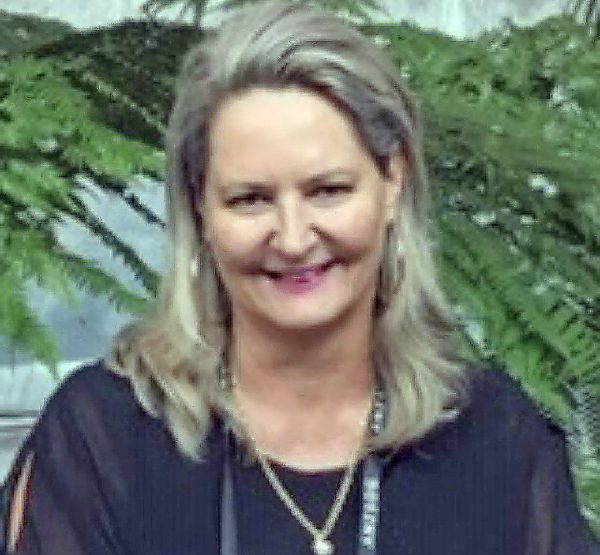CONSULTATION FATIGUE – WHAT WOULD DRIVE PEOPLE AWAY?
A blog by Ingrid Stonhill, CEO, Bawinanga Aboriginal Corporation

My working environment is high demand, punctuated with crisis avoidance, and when that fails, crisis management. I’m not talking the World Bank, but certainly, situations that have the ability to affect people’s quality of life, and sometimes life itself. Others who work in very remote, high need, complex communities will understand immediately.
The high levels of need in health, education, employment, welfare, transportation, roads and all manner of child and family services has meant that all levels of government, universities, not for profit agencies, charities and other well-meaning groups step into our community in rapid succession.
They come because they recognise a community with complex high needs, that could benefit greatly from their service delivery and financial support.
In just two years of living and working on a remote community, I am already experiencing what I call ‘consultation fatigue’. Now I understand that is actually ‘a thing’.
Governments change every three years, which triggers a change in senior policy staff. Policies change, which trigger process change, in turn affecting the end user, us, the ones in high need, at the end of the food chain.
Every change in housing, welfare, education or justice, ignites a need to consult and a flurry of well-meaning. city-based office staff who fly in and out for a quick visit to meet with locals, armed with a laptop and a prescribed set of questions.
Honestly, my short experience has shown most are well meaning and earnest, but some are not. There are those who do their research so they understand basic cultural protocols and have the courtesy to contact us prior to their visit. Others arrive with a more superior attitude, unannounced, maybe thinking ‘what possibly could people living on a community have to do all day, other than meet with the likes of me.”
Every week I welcome visitors to our community to talk about a new opportunity, a new change in the government process, which means new compliance and reporting, a welcome new funding opportunity that requires in-depth, detailed strategic and financial applications.
However, all come with a request to meet with members of the community. For some of our Traditional Owners this is almost a full-time unpaid job; attending meeting after meeting, answering question after question. Sharing their expertise, history and vision for their community.
I have nothing but admiration for these remarkable individuals, they are welcoming and polite to each visitor, they mask their frustration, boredom and consultation fatigue so well. Let’s face it some of them have 40 years experience of being consulted ‘to’.
As I said, through research I discovered “consultation fatigue” is actually a thing. I came across this interesting article: https://www.bangthetable.com/blog/consultation-fatigue/
I found the following the most poignant about the consultative process because it echoes our life experience:
WHAT WOULD DRIVE PEOPLE AWAY?
- Failure to deliver on projects that have been consulted on previously.
- Failure to explain why projects couldn’t be delivered.
- Failure to acknowledge previous contributions.
- Failure to report back a summary of the consultation outcomes.
- Failure to report back on the impact of the consultation process.
This is important learning for all of us. Our high needs do not make us less deserving of respectful and meaningful consultation. We enter into dialogue with honesty and integrity, offering our insights, knowledge and visions with a hope we can affect positive meaningful change in the community.
